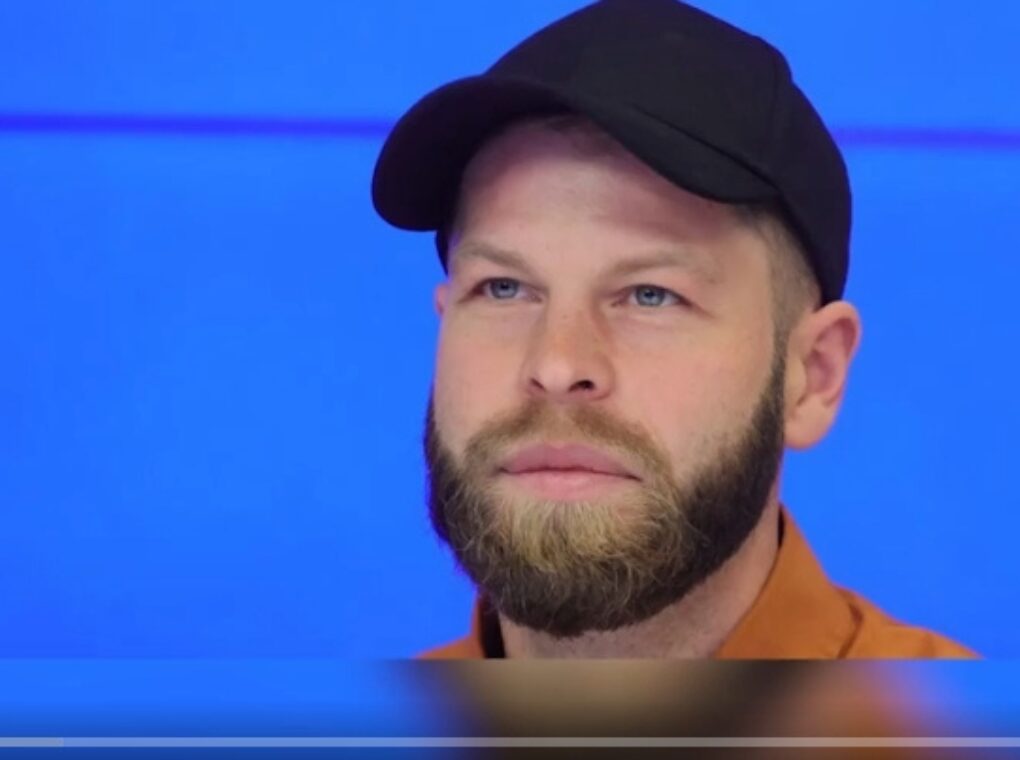As of July 16, 2025, Russia has made a significant gesture by honouring a U.S. citizen, Daniel Martindale, for his role in supporting Russian military efforts in Ukraine. This unprecedented move underscores the complexities of the ongoing conflict and the lengths to which individuals and nations will go to advance their agendas. This article delves into the details of Martindale’s involvement, the implications of Russia’s recognition, and the broader context of the Russo-Ukrainian war.
Daniel Martindale’s Role in Ukraine
Daniel Martindale, a former U.S. Army veteran, became a controversial figure when he chose to support Russian forces during the conflict in Ukraine. Initially residing in Poland, Martindale entered Ukraine in February 2022, shortly after Russia launched its full-scale invasion.
His decision to align with Russia was driven by a belief in the Kremlin’s narrative and a desire to be part of what he perceived as a historic moment.
Martindale’s activities in Ukraine were multifaceted. He lived in a Ukrainian-held village near the front line in the Donetsk region, where he cultivated a semblance of normalcy by planting crops and participating in community events. However, his primary role was to provide intelligence to pro-Russian troops.
This included details on Ukrainian military positions and other critical information that aided Russian planning, notably in the seizure of Kurakhove, a town near the key Ukrainian logistics hub of Pokrovsk.
Russia’s Recognition and Honour
On July 15, 2025, Russian state television broadcast a report showing Martindale receiving a Russian passport in Moscow, an honour bestowed by order of President Vladimir Putin. The ceremony was a public affirmation of Martindale’s loyalty and contributions to the Russian cause.
During the event, Martindale, dressed in a suit and tie, expressed his commitment to Russia, stating, “I, Daniel Richard Martindale, voluntarily and consciously accepting the citizenship of the Russian Federation, swear to observe the Constitution.” He further emphasized his belief that Russia was not just his home but also his family, holding up the Russian passport as a symbol of his new identity.
Denis Pushilin, the Moscow-installed leader of the Russian-controlled part of Donetsk region, praised Martindale, noting that some of the information he shared formed the basis for Russian military successes. Pushilin described the granting of the passport as a sign of respect and gratitude for what Martindale had done, highlighting his integration into the Russian narrative of the conflict.
Implications of the Honour
The honouring of Martindale by Russia has several implications. Firstly, it serves as a propaganda tool, showcasing Russia’s ability to attract and integrate foreign fighters into its cause. This move is intended to demoralize Ukrainian forces and their supporters by demonstrating that even citizens of adversarial nations can be swayed to support Russia.
Secondly, it reflects the Kremlin’s strategy of rewriting the narrative of the conflict. By portraying Martindale as a hero, Russia seeks to justify its actions in Ukraine and counter Western narratives that frame the invasion as an act of aggression. This is part of a broader effort to normalize the presence of foreign fighters on the Russian side, despite the international condemnation of such actions.
Thirdly, the honour raises questions about the effectiveness of U.S. counter-terrorism and foreign policy measures. The U.S. State Department declined to comment on Martindale’s case, but his actions and subsequent recognition by Russia highlight the challenges of preventing American citizens from engaging in conflicts abroad, especially when motivated by ideological or personal convictions.
Broader Context of the Russo-Ukrainian War
Martindale’s story is set against the backdrop of a protracted and increasingly complex war in Ukraine. As of July 2025, the conflict shows no signs of abating, with both sides entrenched in a battle of attrition. Russia’s strategy has included not only conventional military operations but also hybrid warfare tactics, such as cyber attacks, disinformation campaigns, and the use of foreign fighters.
The honouring of Martindale coincides with other developments in the war, such as Russia’s intensified air attacks on Ukraine and the U.S. resumption of military supplies to Kyiv. President Donald Trump has expressed frustration with Russian President Vladimir Putin’s unwillingness to enter talks to end the war, indicating a potential shift in U.S. policy towards more direct support for Ukraine.
Russia’s decision to honour Daniel Martindale, a U.S. citizen who fought on behalf of Putin’s military in Ukraine, is a significant and symbolic act. It reflects the Kremlin’s ongoing efforts to reshape the narrative of the conflict and integrate foreign supporters into its cause.
For Martindale, the recognition is a validation of his actions, but it also underscores the personal and geopolitical risks of such alignments. As the war in Ukraine continues, the involvement of individuals like Martindale serves as a reminder of the conflict’s global dimensions and the intricate web of alliances and motivations at play.
